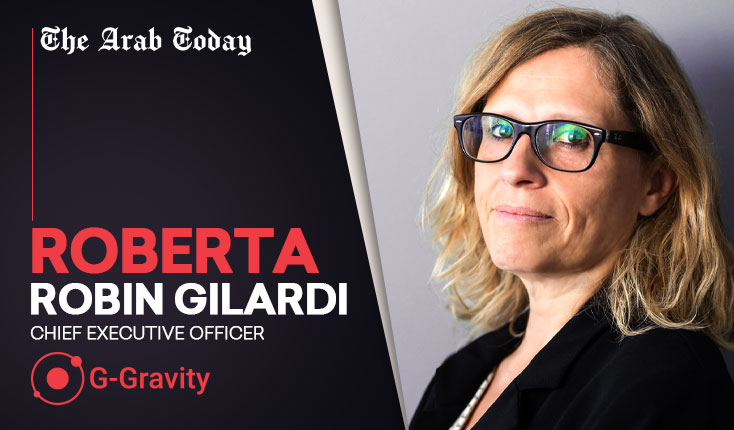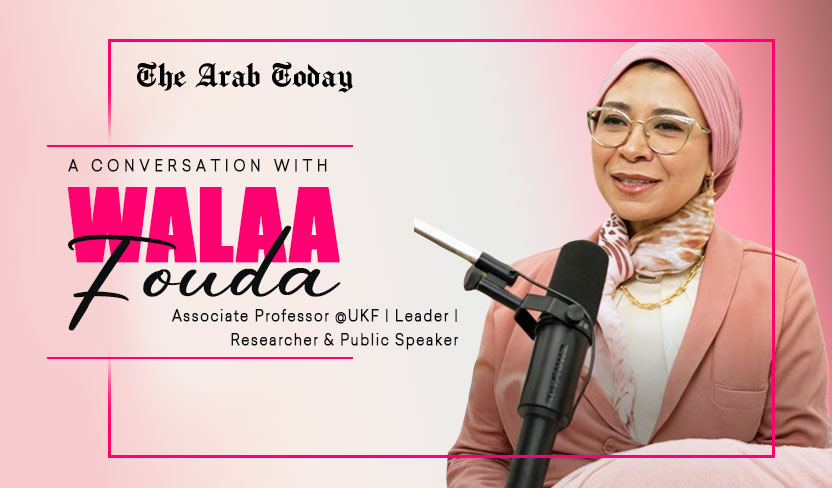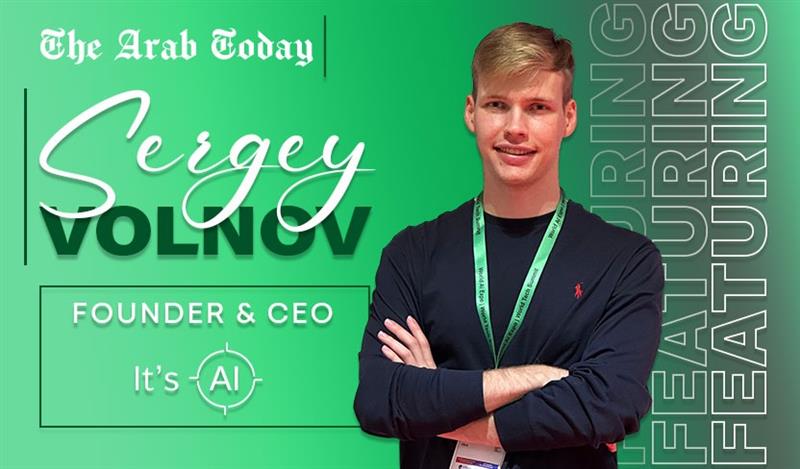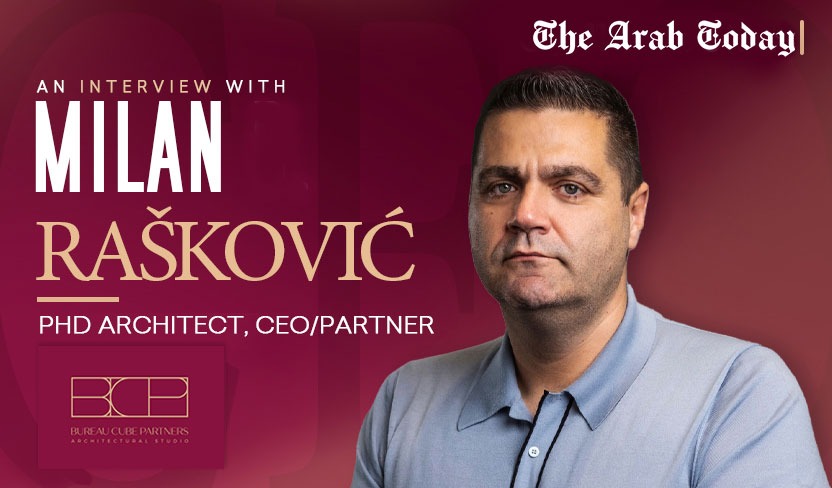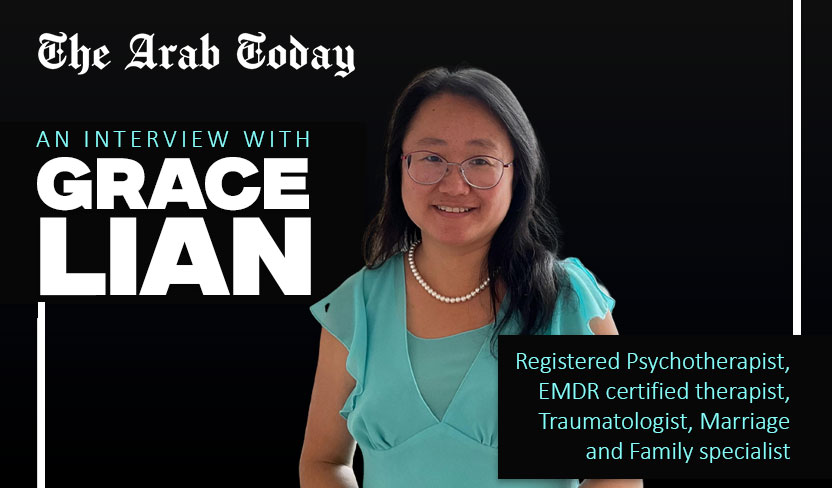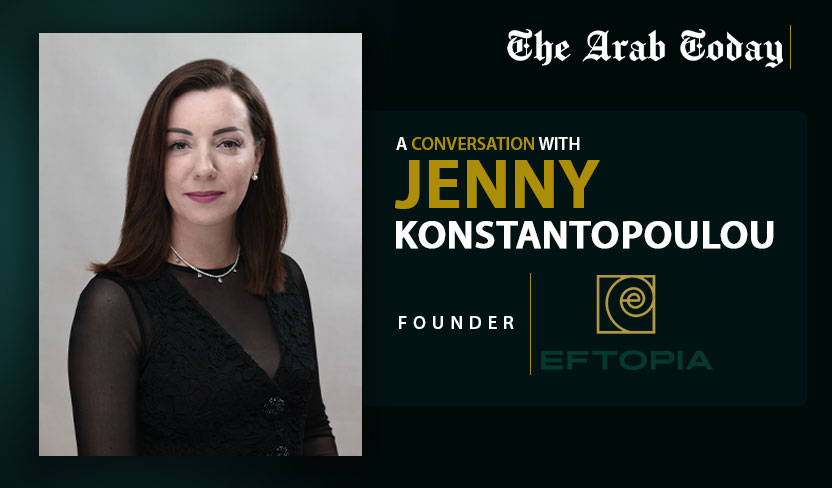Roberta Robin Gilardi Interview
Roberta Robin Gilardi, CEO of G-Gravity, TEDx speaker, and certified business coach, has been a leading voice in Open Innovation, Digital Health, and Business Strategy for more than a decade. With her extensive experience in building innovation ecosystems through G-Gravity, Future Hub, and the Helsinki Blockchain Center, she shares her insights on the evolving role of innovation, the future of healthcare, and how startups can thrive in today’s fast-changing landscape. In this exclusive interview, she highlights why innovation must go beyond technology to embrace sustainability, collaboration, and human impact.
Innovation as a Systemic Mindset in a VUCA World
We started the interview by asking, “You’ve been at the forefront of Open Innovation for over a decade. How do you define innovation today in the context of business and society?”
Roberta Robin Gilardi replied, “Innovation, to me, is no longer just about technology or efficiency—it’s about shaping better futures. We live in a VUCA world, where volatility, uncertainty, complexity, and ambiguity influence every decision. In this context, innovation needs to be systemic, considering business growth alongside social and environmental impacts. It’s about detecting weak signals, recognizing emerging trends, and understanding how geopolitical, economic, and societal shifts affect our work. Companies that succeed will not only embrace new technologies but will also align them with sustainability and human well-being. True innovation today is not a product or service alone; it’s a mindset and an ecosystem of collaboration that creates value across multiple dimensions. For me, the challenge is to design innovation models that generate measurable business results while remaining ethical, inclusive, and future-oriented. This balance defines the kind of meaningful innovation we need for the next decade.”
The G-Gravity Model
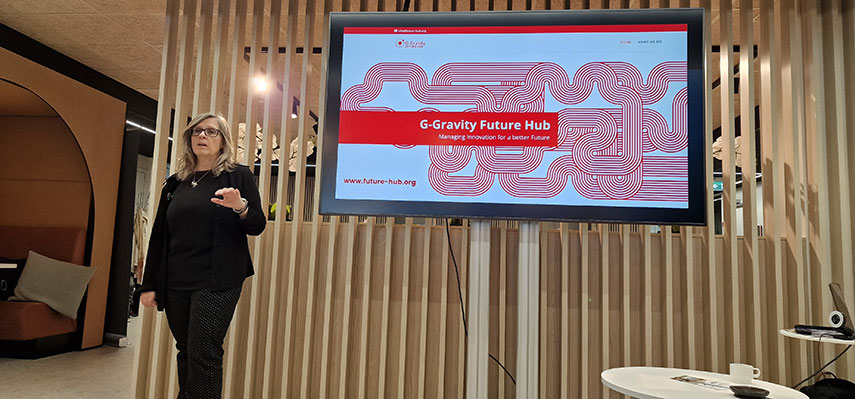
The Arab Today: G-Gravity has positioned itself as a platform for Open Innovation and co-creation. What makes its model unique?
Roberta Robin Gilardi replied, “G-Gravity was created with the belief that innovation cannot happen in silos. Our model is unique because we work across industries, blending the perspectives of corporates, startups, researchers, and institutions. We act as a hybrid space: part accelerator, part consultancy, and part ecosystem builder. This allows us to design scalable but tailored programs where corporates gain access to startup agility, and startups benefit from corporate resources and global networks. For example, in digital health and MedTech, we create environments where patient-centered solutions can emerge, supported by real collaboration between industry leaders and innovators. What truly sets us apart is our focus on co-creation. We don’t just consult or mentor—we facilitate a process where different players come together to design and test future scenarios. This way, innovation is not only sustainable but also scalable, as it’s rooted in shared responsibility and collective intelligence rather than isolated projects.”
Themes That Resonate with Audiences
The Arab Today: You have been a speaker at international forums including TEDx, Forbes, and Milano Finanza TV. Which themes do you find resonate most with global audiences today?
Roberta Robin Gilardi replied, “Over the years, I’ve noticed that audiences across the world are increasingly drawn to the human dimension of innovation. While there is excitement about AI, blockchain, and digital transformation, what truly resonates is how these tools impact people’s lives, healthcare systems, and communities. For instance, patient-centered approaches in digital health, ethical use of data, or sustainable business strategies generate deep interest. At TEDx, I spoke about the fragile balance between humanity and technology, and it struck a chord because people are seeking reassurance that innovation will remain aligned with human values. Similarly, at events like Forbes Digital Revolution or Milano Finanza TV, discussions on digital health, future scenarios, and open innovation drew strong engagement. Global audiences are ready for conversations that go beyond “what’s next” technologically, and instead explore “what’s meaningful” for society. That’s the direction where impactful innovation storytelling truly lies.”
Overcoming the Cultural Barriers to Innovation in Business
The Arab Today: What are the biggest challenges organizations face when trying to adopt innovation strategies?
Roberta Robin Gilardi replied, “The real barrier to innovation isn’t technology—it’s culture. Many companies still treat innovation as a side project, disconnected from their core strategy. This often results in pilot initiatives that never scale. Resistance to change, rigid hierarchies, and short-term thinking are some of the main obstacles. Leaders often expect immediate returns, forgetting that true innovation requires experimentation, iteration, and time. Another challenge is collaboration: too many organizations still work in silos, which limits cross-functional insights and creativity. To move forward, businesses must embed innovation into their DNA, making it part of everyday processes rather than a separate department. They need to create environments where risk-taking is encouraged, failures are treated as learning opportunities, and collaboration is rewarded. Those who understand innovation as a continuous journey, rather than a one-time event, are the ones who manage to adapt and thrive in today’s uncertain environment.”
The Future of Digital Health
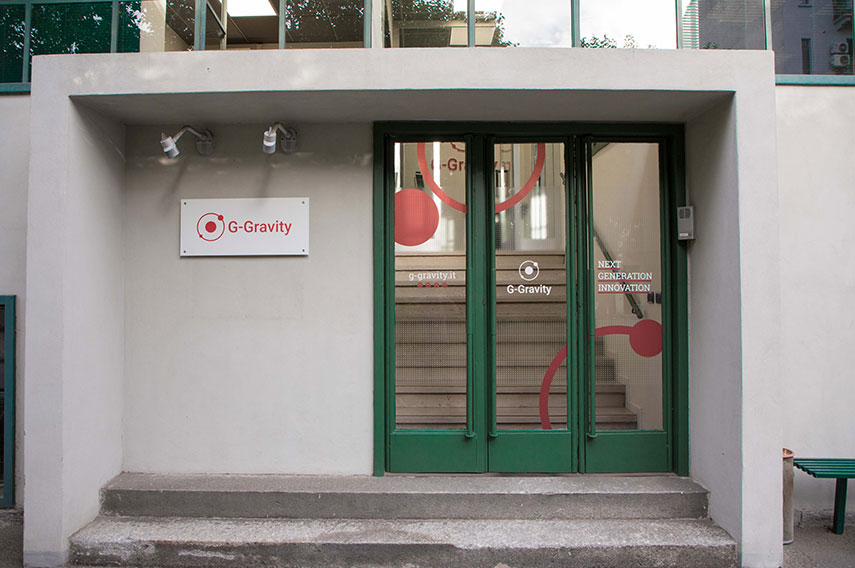
The Arab Today: You have worked extensively in digital health and medtech. How do you see these sectors evolving in the next decade?
Roberta Robin Gilardi replied, “Digital health and MedTech are undergoing a transformation that will reshape healthcare delivery worldwide. In the coming decade, we’ll see a shift toward predictive and preventive care, powered by data and AI. Instead of treating diseases after they occur, healthcare will increasingly focus on anticipating risks and personalizing interventions. Telemedicine, which grew rapidly during the pandemic, will evolve into more integrated digital ecosystems, combining wearable technology, home monitoring, and virtual consultations. At the same time, MedTech will push the boundaries of patient empowerment, giving individuals more control over their health journeys. Of course, this evolution will require robust regulatory frameworks, transparent data governance, and ethical oversight to ensure trust. What excites me is that the sector is moving toward models where healthcare becomes more inclusive, accessible, and personalized—bridging technology with empathy and human-centered care. This is the future of sustainable health innovation.”
Building Resilience and Ecosystem Partnerships
The Arab Today: As a business coach and mentor, what advice do you give startups navigating today’s fast-changing landscape?
Roberta Robin Gilardi replied, “My main advice to startups is to remain laser-focused on solving real problems for real people. It’s easy to get lost in developing technology for its own sake, but the startups that succeed are those that truly understand their users and adapt to their needs. Resilience and adaptability are key—what you start with may not be what you end up scaling. Be open to pivoting without losing sight of your vision. I also stress the importance of building strong partnerships. In today’s interconnected world, ecosystems matter more than individual players. No startup can grow sustainably in isolation. Finally, I encourage founders to adopt a long-term mindset. Innovation takes time, and success is rarely linear. Failures are part of the process—what matters is how quickly you learn and adjust. Those who embrace uncertainty with courage and creativity will find their place in the future.”
What Excites Roberta Robin Gilardi
Lastly we asked, “Looking ahead, what excites you most about your current roles with G-Gravity, Future Hub, and, for example, the Vantaa Future Hub Initiative?”
“What excites me most is the possibility of creating real impact at the ecosystem level. With G-Gravity, mainly through the “Future Hub” model we designed, we can bring together startups, corporates, and researchers to co-create solutions that push industries forward, particularly in healthcare , Life Science and digital transformation. The Future Hub project gives me the opportunity to design strategic spaces for innovation where cities and businesses can collaborate on long-term societal challenges. Meanwhile, at the Vanta Future Hub, we are exploring on a real territorial ecosystem, fostering its growth and facilitating technology adoption. There is an issue around Deep techs, about trustability and ethics, there at Vantaa and in other territorial initiatives, we will experiment (in a safe environment like a “sandbox”) how, for example, decentralized technologies can foster transparency, trust, and inclusivity—values that are fundamental in today’s global context. What makes these roles truly exciting is their complementarity: together, all the initiatives thanks to a collaborative approach, allow all stakeholders to experiment, co-create, and test new models of collaboration across geographies and industries. Being able to contribute to shaping ecosystems that are innovative, ethical, and sustainable gives me the energy and motivation to keep pushing boundaries every day and build up a top quality and trustable Innovation Network.” Roberta Robin Gilardi concluded
Connect with Roberta Robin Gilardi on LinkedIn
For more information visit G-Gravity Future Hub
Also Read:
Raghuveer Channaiah: Strategic Financial Solutions in UAE
Sabrina Puppin Interview
Peter J Nagle – Thoughtful Income Advisory
